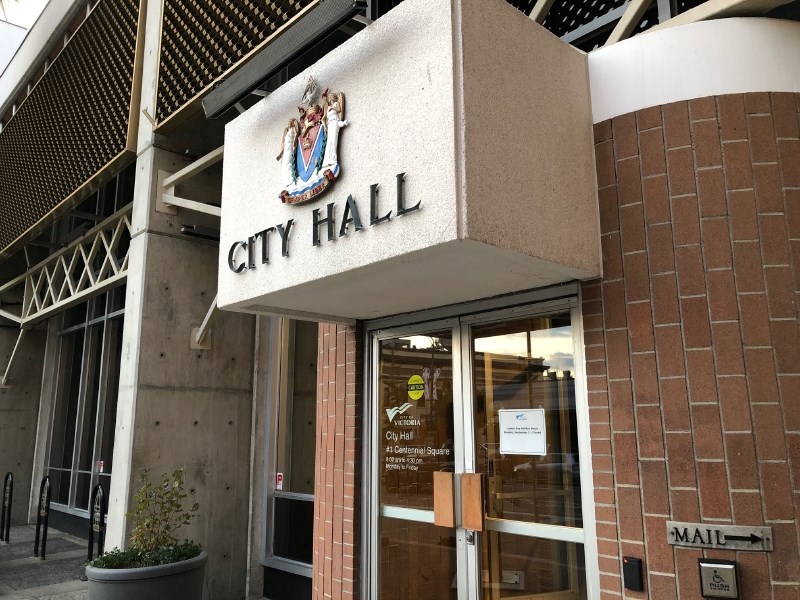The City of Victoria’s review of its governance processes is an exciting opportunity to reimagine how we engage residents on rezoning and variance applications.
We encourage the city to consider using deliberative mini-publics like citizens’ panels as a way to make these processes more inclusive. There are many blueprints available from other Canadian cities that can be customized to suit Victoria’s context.
Currently, the city offers residents a variety of ways to share their views on specific applications. For example, early in the process, neighbours are invited to attend dedicated community meetings and offer feedback through their neighbourhood association’s Community and Land Use Committees (CALUCS).
Later, interested residents are given the opportunity to contribute to public hearings, whether by writing a letter, sending a video, or speaking in person. Council can then draw on this collective input when making its decision.
When done right, public input can help council increase the quality and legitimacy of its decisions. Given the design of our current system for public input, though, there is a risk that council will not get to hear perspectives that represent the majority of residents. Because they receive written notice of public hearings, close neighbours may be more likely to participate.
Furthermore, those with stronger views, a greater sense of comfort engaging in public discussions, or more time may also be more likely to choose to participate. This can disadvantage certain groups of residents like working parents, people with multiple jobs, or those who are not politically active.
Those who do not participate may still be affected by the final decision, particularly when the impact of individual decisions is added up over time. If their voices are not included in public consultations, council may have difficulty inferring their needs and desires.
Citizens’ panels have the potential to overcome this risk. They are designed with inclusion in mind.
Participants are selected through a democratic lottery, whereby the final panel members represent the population in terms of characteristics like age, gender, and home ownership status. In many cases, participants receive honoraria or have expenses like child care covered to ensure that everyone who is selected can participate.
They are given the time and resources needed to learn and deliberate together about their specific charge, with the goal of collectively developing a set of recommendations or conclusions for the public and decision-makers to consider.
A growing body of research finds that participants in these bodies tend to take their role very seriously and offer well-reasoned recommendations that draw on each other’s diverse perspectives and lived experiences.
The city could use citizens’ panels in various ways to engage residents on rezoning and variance applications. One option builds off the Toronto’s Planning Review Panel, which was launched in 2015 to provide input and perspective on planning issues and priorities.
The city could establish a permanent panel with periodically rotating membership that provides feedback and recommendations on applications. Alternatively, the city could create citizens’ panels on a one-off basis on particularly large or contentious proposals.
Petaluma, California, recently opted for a process like this to help develop a long-term solution for the Sonoma-Marin Fairgrounds, a topic that has long divided the community and led to significant uncertainty. In both cases, panelists’ recommendations could be shared with council, city staff, and the broader public alongside feedback from other interested residents.
These targeted uses of citizens’ panels have the potential to offer council a broader and more representative body of information and perspectives to consider as it wrestles with decisions about rezoning and variance applications. Doing so will lead to more inclusive decision-making processes whose outcomes will hopefully be of high quality and seen as legitimate in the eyes of our city’s diverse residents.
We hope residents and council consider them as they redesign the city’s governance processes.
Stacey Fitzsimmons is an associate professor at the University of Victoria, and cares about equitable and inclusive processes. Simon Pek is an assistant professor and President’s Chair at the University of Victoria, and is interested in improving the practice of democracy through the use of democratic innovations.


